
- In pictures
- In pictures
Imagining the foetus
From the miniature adult in the womb imagined by 15th-century artists to the increasing detail of today’s ultrasound scans, Tania Staras traces our changing view of the human foetus.

- Article
- Article
Chillies and the trouble with Scoville
Measuring the heat of these peppers can leave you a little lukewarm.

- In pictures
- In pictures
From female impersonation to drag
How did drag develop from light-hearted female impersonation to a world-dominating art form?

- Article
- Article
How do advertisers get inside our heads?
Vance Packard exposed techniques of mass manipulation developed by 1950s advertisers that are still at work today in the age of big data.
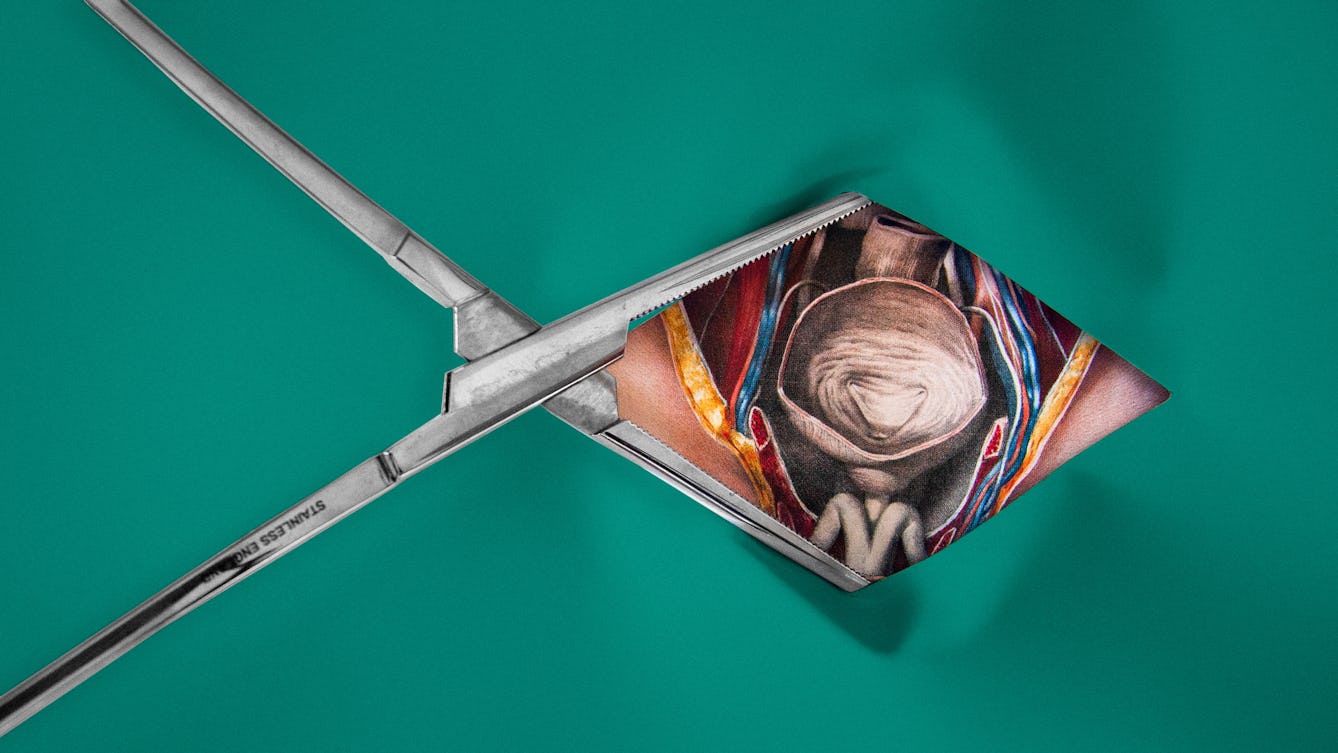
- Article
- Article
The extraction of the excruciating bladder stones
Among those vying to find alternatives to major surgery for bladder stones, young doctor Jean Civiale stood out, painstakingly honing a method that was to become the norm.

- Article
- Article
Drugs in Victorian Britain
Many common remedies were taken throughout the 19th century, with more people than ever using them. What was the social and cultural context of this development?

- Article
- Article
On being a father with OCD
As a parent to young children, Ben Falk worries whether he could somehow pass his OCD on to them. Here’s what the experts say.

- Article
- Article
Homes for the hives of industry
By building workers’ villages, industry titans demonstrated both philanthropy and control. Employees’ health improved, while rulebooks told them how to live ideal lives.

- Article
- Article
The case of the cancerous stomach
Steak and schnitzel were on the menu again after Theodor Billroth successfully excised a woman’s stomach cancer in 1881. Remarkably, today’s surgeons still perform the same procedure, with slight modifications.
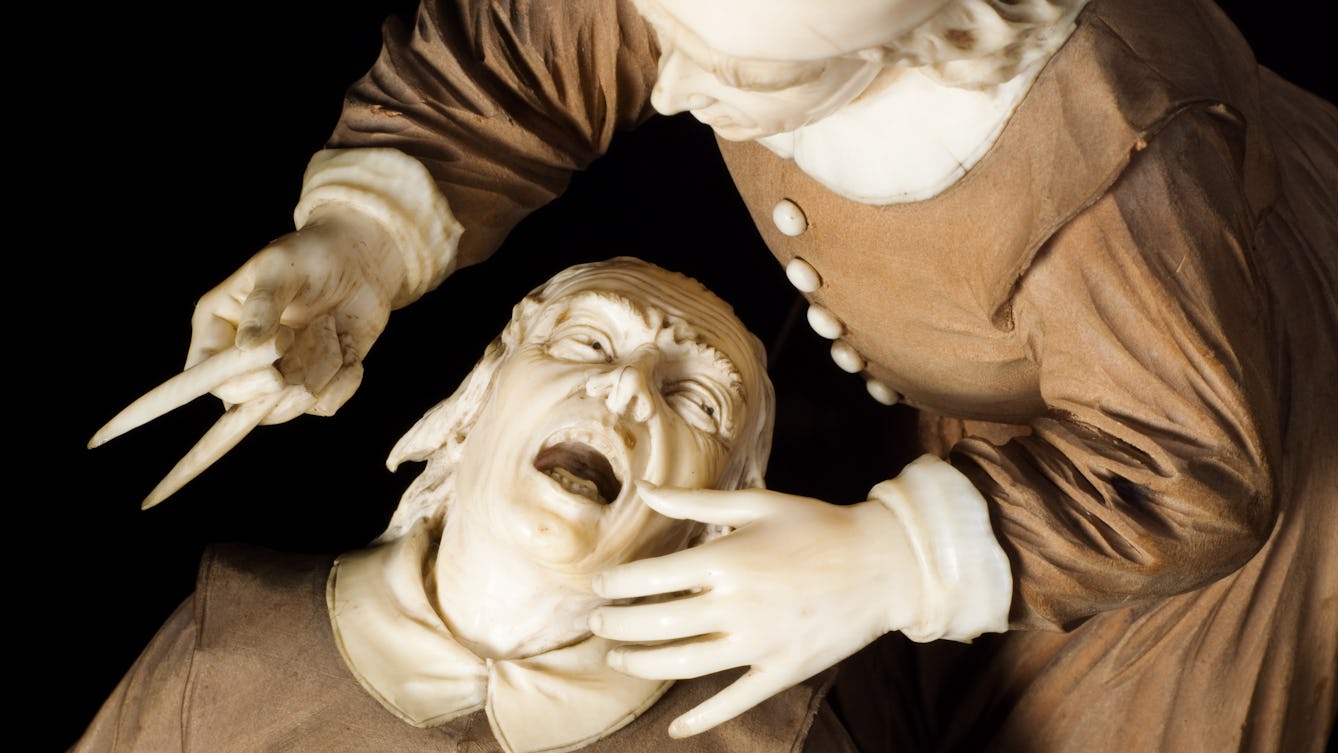
- Book extract
- Book extract
You know the drill
Richard Barnett opens wide the true meaning of a healthy mouth.

- Article
- Article
Bringing biotech to the people
Amateur scientists have inspired all kinds of frightening scenarios, from Frankenstein’s monster to ‘The Fly’ and ‘Breaking Bad’. But it can be a force for good. Today’s DIYbio enthusiasts are having fun – and even making lucrative breakthrough discoveries.

- In pictures
- In pictures
The original drama of operating theatres
Medicine as ‘theatre’ began in the 16th century, when paying audiences enjoyed candlelight, live music – and a cadaver being dissected in front of them, all the in name of education.

- Photo story
- Photo story
Beautiful bedding and how to die well
When you are unwell, your bed can be both a refuge and a prison. Discover how artist Poppy Nash created a bed-centred artwork inspired by her own chronic illness and depictions of ill health from history.

- In pictures
- In pictures
Tesla, quacks and violet rays
Imagine a device that can treat everything from baldness to gout. Too good to be true? Yes, and it was banned – but not before hundreds were hoodwinked.

- In pictures
- In pictures
Born to play
Our understanding of the importance of play in a child’s development has become increasingly sophisticated over the centuries. Explore the ways different eras have regarded childhood games.

- Article
- Article
The Transvengers as foe of the paradigm of heteronormativity
Jason Barker writes about his experience of working with a group of young trans people and describes the process of developing the theory which underlies The Transvengers comic, and society, today.
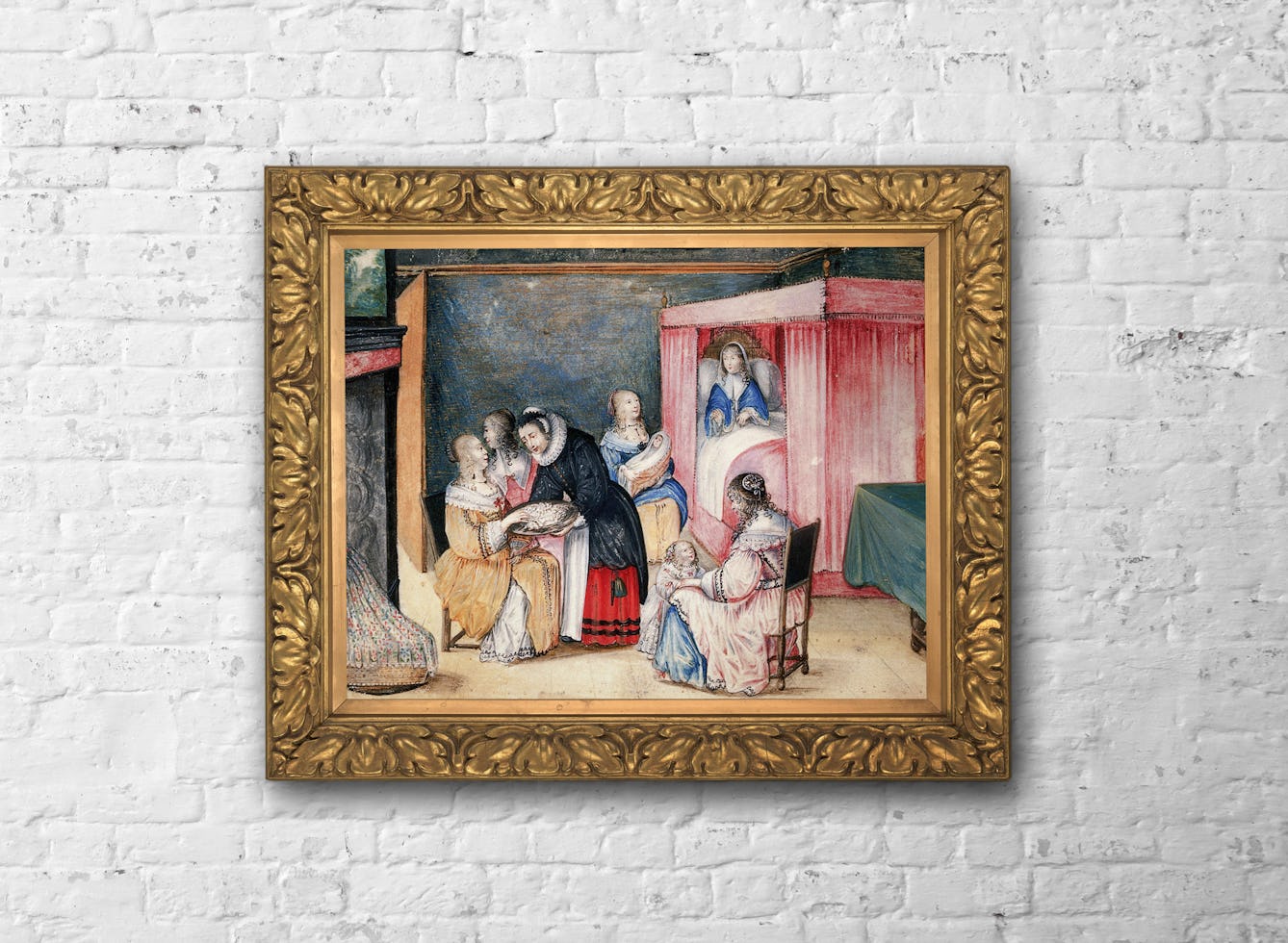
- In pictures
- In pictures
The best place for giving birth
Hospital births are now often seen as the safest option – but this was not always the case. Tania Staras tracks trends in where women gave birth, and what led to the move from home to hospital.
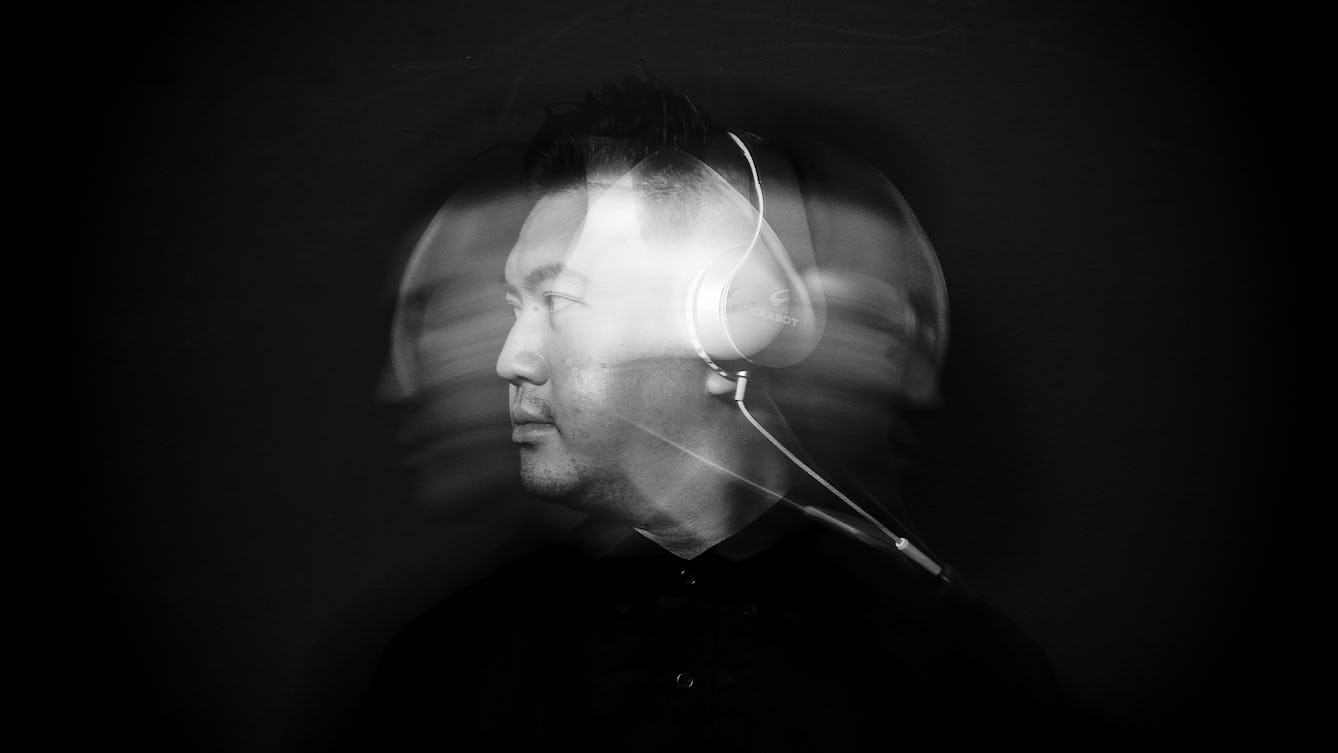
- Article
- Article
The sweet sound of synthetic speech
After Alex experienced a serious deterioration in his sight, he came to rely on artificial voices to help him with everyday tasks. Find out how synthetic speech came to be developed.

- Article
- Article
A brief history of ventilation
As ventilators continue to play an important part in helping very ill coronavirus patients, medical historian Dr Lindsey Fitzharris traces their development from the first attempts at mouth-to-mouth resuscitation through centuries of medical crises.

- Article
- Article
A wheelchair in the world
Five years ago, Jan Grue, author of ‘I Live a Life Like Yours’, became a father. A wheelchair user since age eight, Grue explores how parenthood helped him reimagine his relationship with his wheelchair.

- Article
- Article
Demanding a diagnosis for invisible pain
After dozens of hospital visits and handfuls of painkillers, a plethora of scans and tests bring diagnosis closer for Jaipreet Virdi.
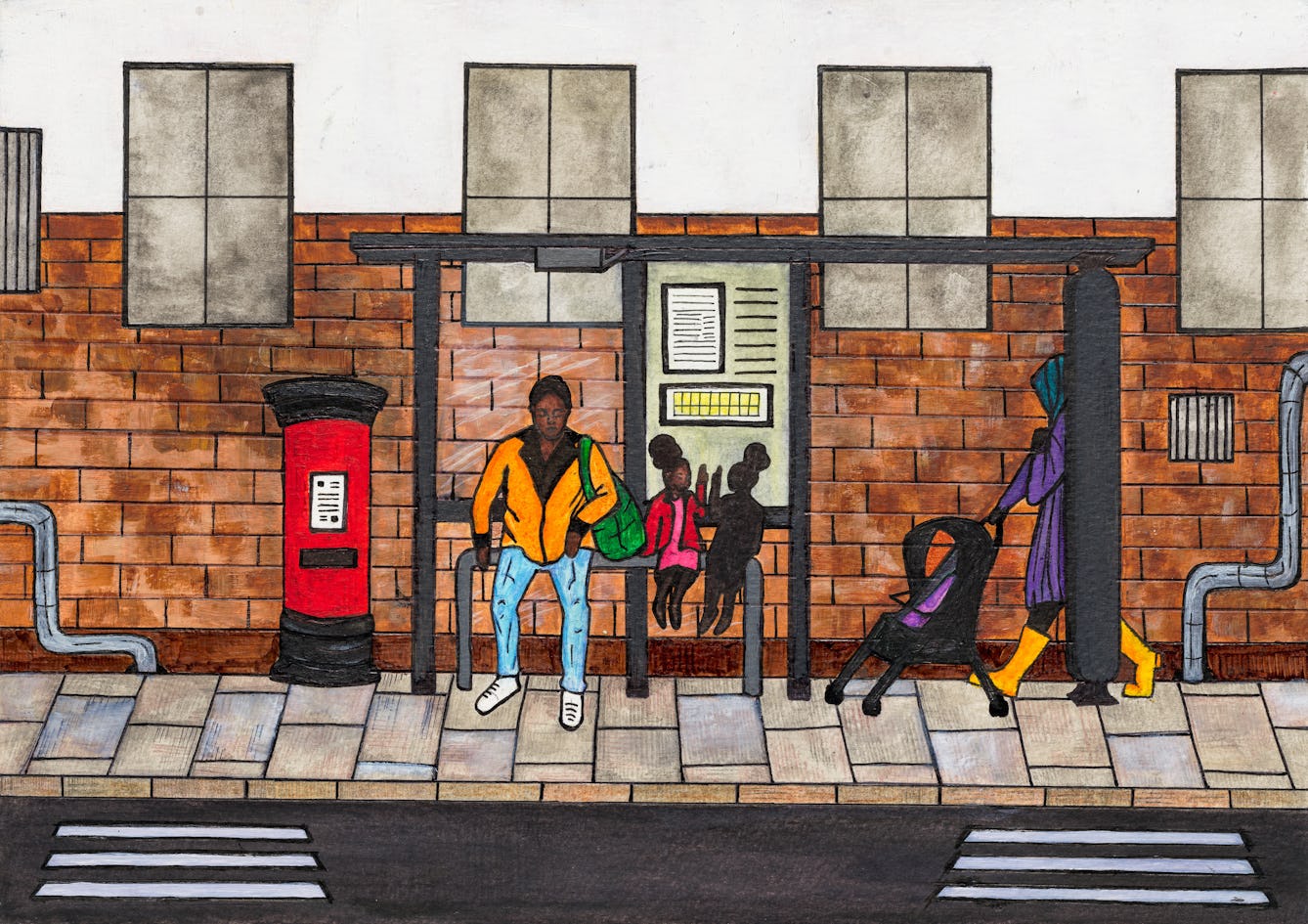
- Article
- Article
We need less ‘sickle cell warriors’ and more allies
Rejecting the epithet “warrior”, Cheryl Telfer describes the pervasive effect sickle cell disease has on her life, and calls for more people to donate blood to help sicklers.

- Photo story
- Photo story
Transitioning and the family album
“It’s really hard to describe to people how you know you’re a man when those ways of describing masculinity to me aren’t true. You need to find your own.”

- Article
- Article
Seeds for the future
Indigenous groups have a key role as guardians of biodiversity, and their knowledge could help us all preserve our world. To survive, we all need to collaborate, reject prejudice, and share what we know.
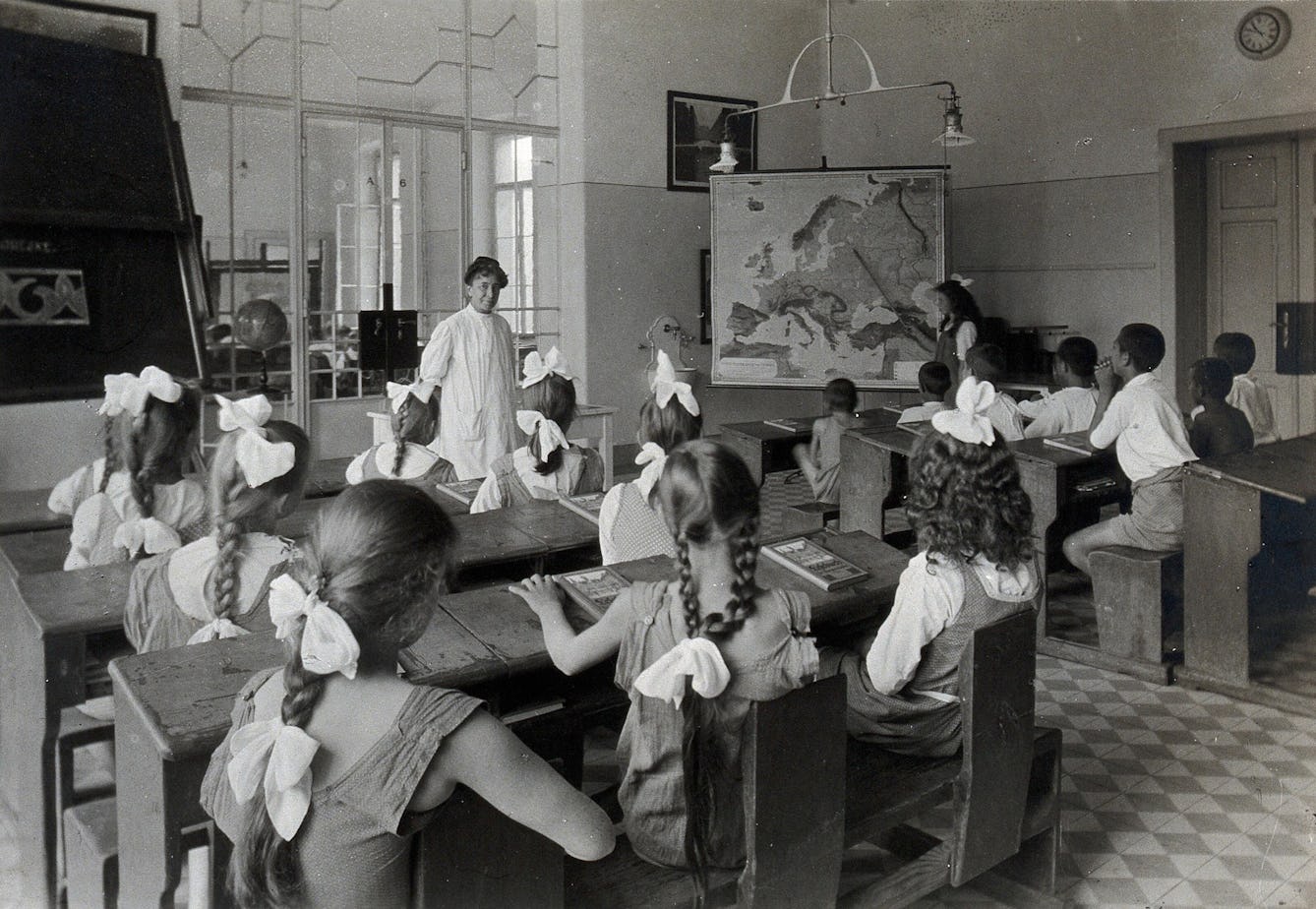
- Article
- Article
The law of periodicity for menstruation
Dr Edward Clarke's Law of Periodicity claimed that females who were educated alongside their male peers were developing their minds at the expense of their reproductive organs.